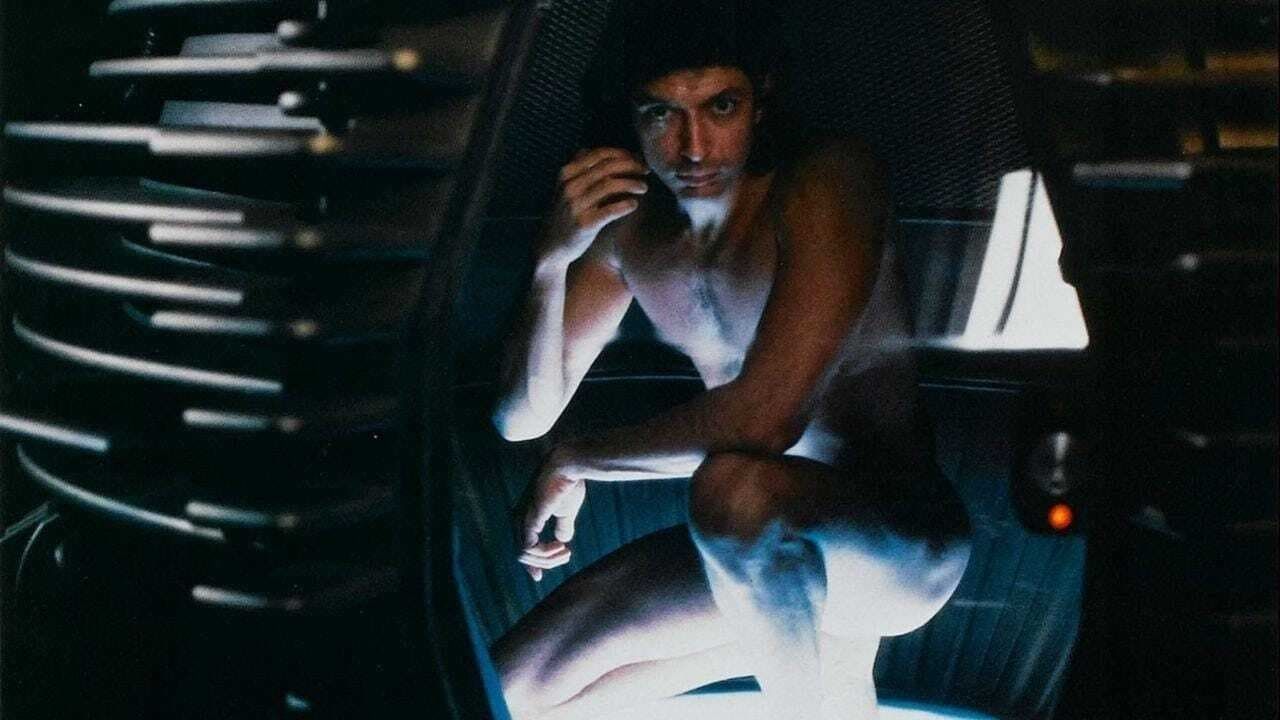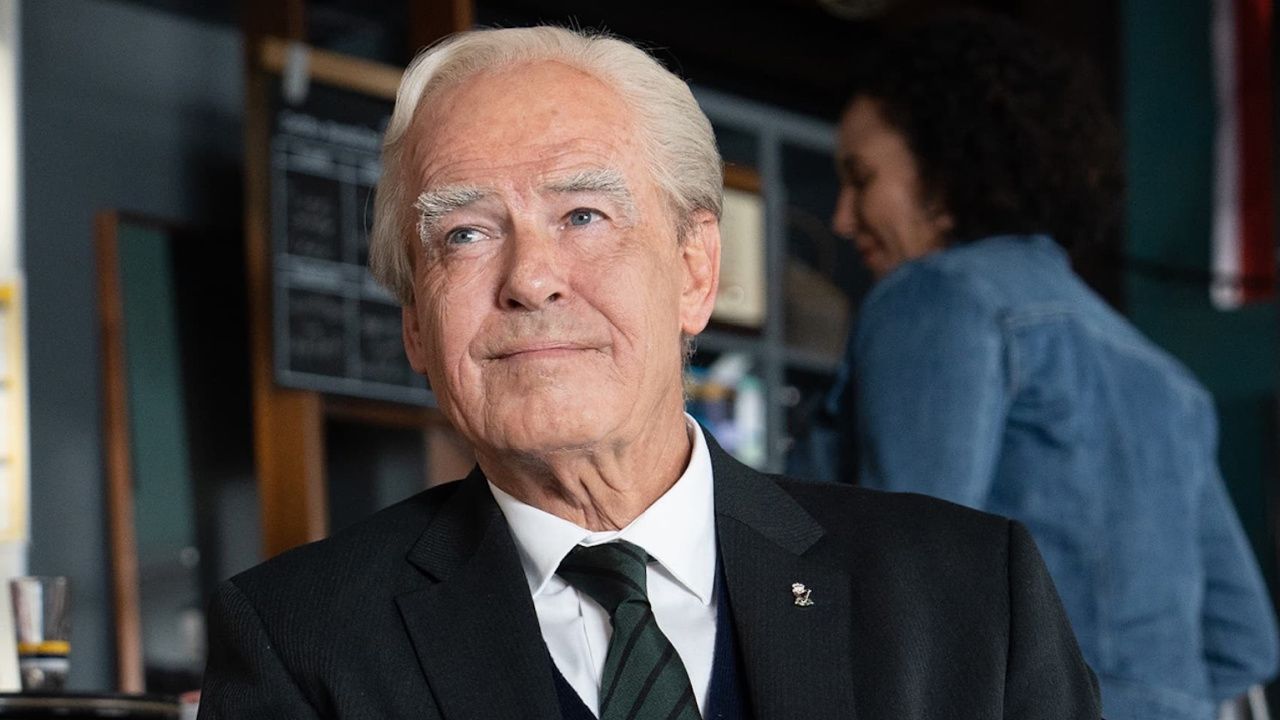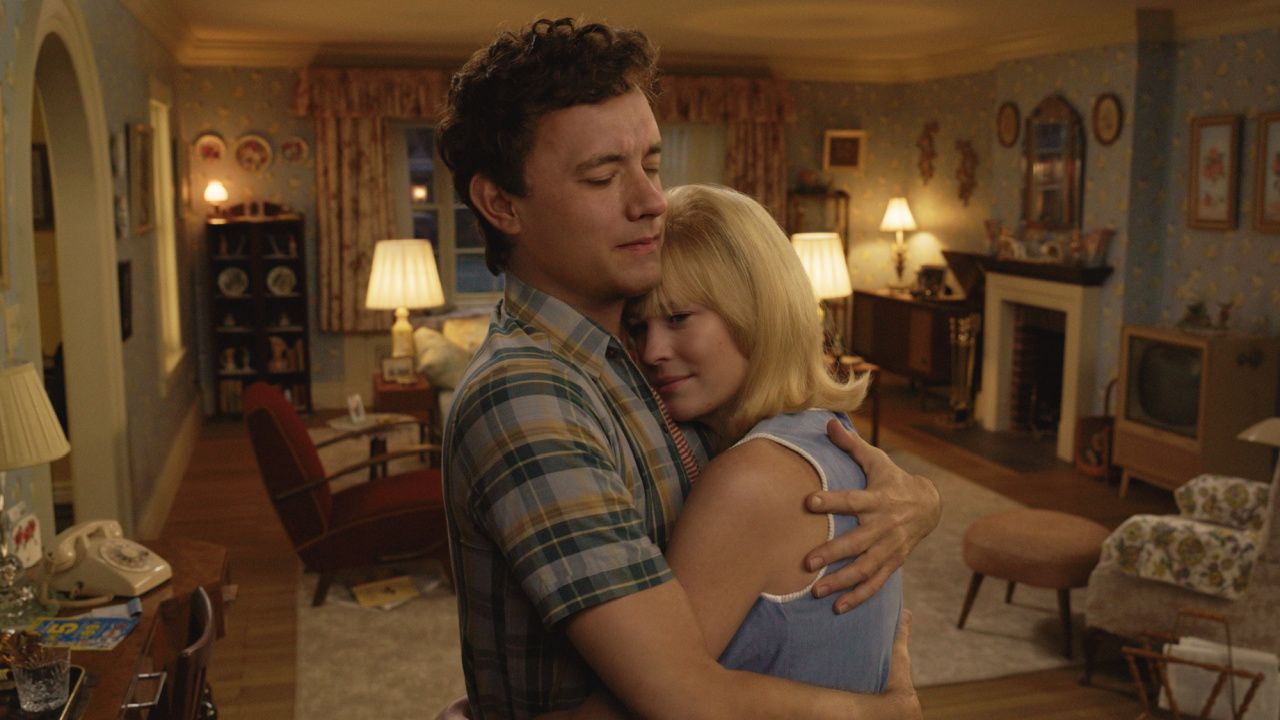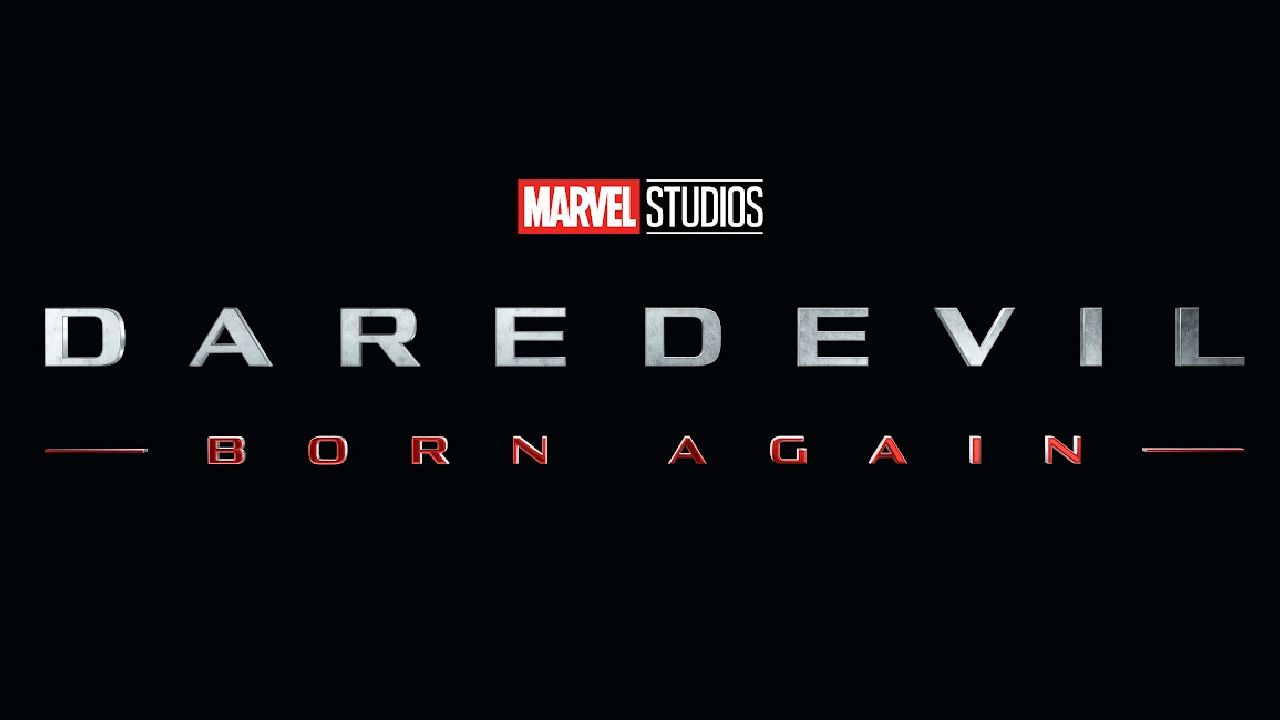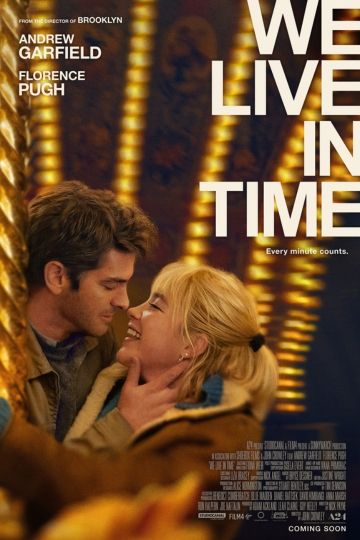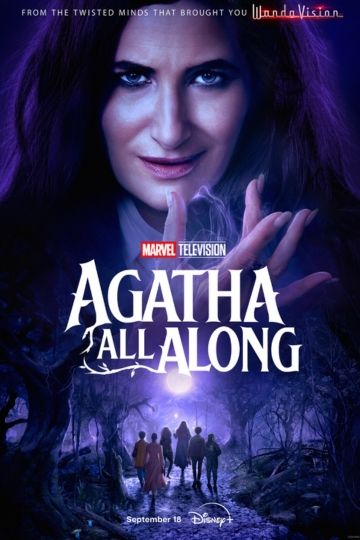Can 'South Park' Make Hulu a Player?
Looks like Eric Cartman will be an incorrigible prepubescent child for at least four more years.
And if you want to watch his juvenile antics on "South Park," either on TV or online, you'll have to put up with commercials.
The extension of "South Park" creators Trey Parker and Matt Stone's contract with Comedy Central through 2019 is good news for "South Park" fans, as it adds three more seasons to the 20 that both the show's creators and the network already agreed to. (Season 19 begins on September 16.) At the same time, Parker and Stone have extended their deal with Hulu, so that the streaming site will continue to be the exclusive online home of both new episodes and the full "South Park" library.
Cost to Hulu of this contract extension: a cool $192 million.
Mind you, this is on top of the $160 to $180 million the website spent two months ago to acquire the entire "Seinfeld" catalogue. At the time, Hulu let it be known that the company had a $750 million war chest to spend on the kind of premium content that would at last make them competitive with the much more popular Netflix and Amazon Prime.
Which means they've now spent half their money on just two shows. One of them consists of 20-year-old reruns that you can watch any night of the week on cable. The other is a show that's also in frequent reruns on cable, a show that is still a creative force but, arguably, is past its peak. Oh, and Hulu also bought all 300 episodes of "CSI: Crime Scene Investigation" from CBS for an undisclosed sum. Way to grab those young viewers, Hulu.
As this column has noted, Hulu does have other shows in the works, original and exclusive shows like the ones on Netflix and Amazon Prime, series that have proven TV talents behind them. Later this year, programs like "11/22/63" (the time-travel drama developed by J.J. Abrams from a Stephen King novel and starring James Franco) and Amy Poehler's "Difficult People" (starring rising comics Billy Eichner and Julie Klausner) will try to become Hulu's versions of "House of Cards" and "Unbreakable Kimmy Schmidt." Plus, Hulu will be the only place to see the new season of "The Mindy Project," having scooped up the Mindy Kaling sitcom after Fox canceled it.
Also in the mix: streaming rights to the recent Fox hit drama "Empire" and the likely soon-to-be-a-hit "Walking Dead" spinoff, AMC's "Fear the Walking Dead."
But Hulu still faces two major hurdles. One is its subscriber base, currently around 9 million people. That's 50 percent more than it had a year ago, but still only about a fourth of the number of viewers Netflix or Amazon Prime have in the United States. Hulu has said it will promote its new shows by raising its marketing budget by 70 percent, but it still has to reach potential viewers beyond its base, and it has to convince them to make that psychological leap toward paying another $8 per month to see a selection of familiar shows and a handful of series no one has seen yet.
And that's where the other hurdle lies, since subscribing to Hulu means being willing to endure commercial interruptions during your streams. Ads that break up your viewing experience make Hulu different from Amazon Prime and Netflix and more like... well, the standard network and basic cable TV viewing experience that the streaming medium is trying to distance itself from. At least if you have a DVR, you can zip past the ads on TV, but of course, you can't do that on Hulu.
From a business standpoint, the ads make sense. With a smaller subscriber base, someone has to pay the bills. And if, as anticipated, the dollars spent on digital advertising surpass those spent on TV commercials sometime in the next two years, Hulu will be in a better position than Netflix or Amazon to take advantage of that revenue stream.
But viewers don't like having to watch ads that they can't skip. Besides, sponsors tend to influence content. Most don't like fare that's too edgy or controversial; it doesn't create a congenial environment in which to sell cars or cat food. They'll make an exception, however, if the daring fare draws affluent viewers who buy big-ticket items.
And that seems to be Hulu's gamble: that their small subscriber base will either grow or be affluent enough to attract lucrative sponsors who'll overlook risky content in order to reach the right eyeballs. And the company is also gambling that those eyeballs won't blink -- or click away -- if they're forced to watch ads.
At least Matt Stone is happy. The "South Park" co-creator, who has a long history of fighting to get online outlets to pay him and Trey Parker what their show is worth, told the Hollywood Reporter he felt vindicated by the deal. "There's finally an understanding that the business is going to have to rely on the talent community and the franchises that it has built and not on algorithms," Stone said. "I don't like our stuff being talked about as content," he added. "We don't make content. We make television. And that's now what digital understands it has to pay for."
Well, somebody has to pay for it, either the viewers or the sponsors. Hulu's bet is that it can get both to cough up.

















